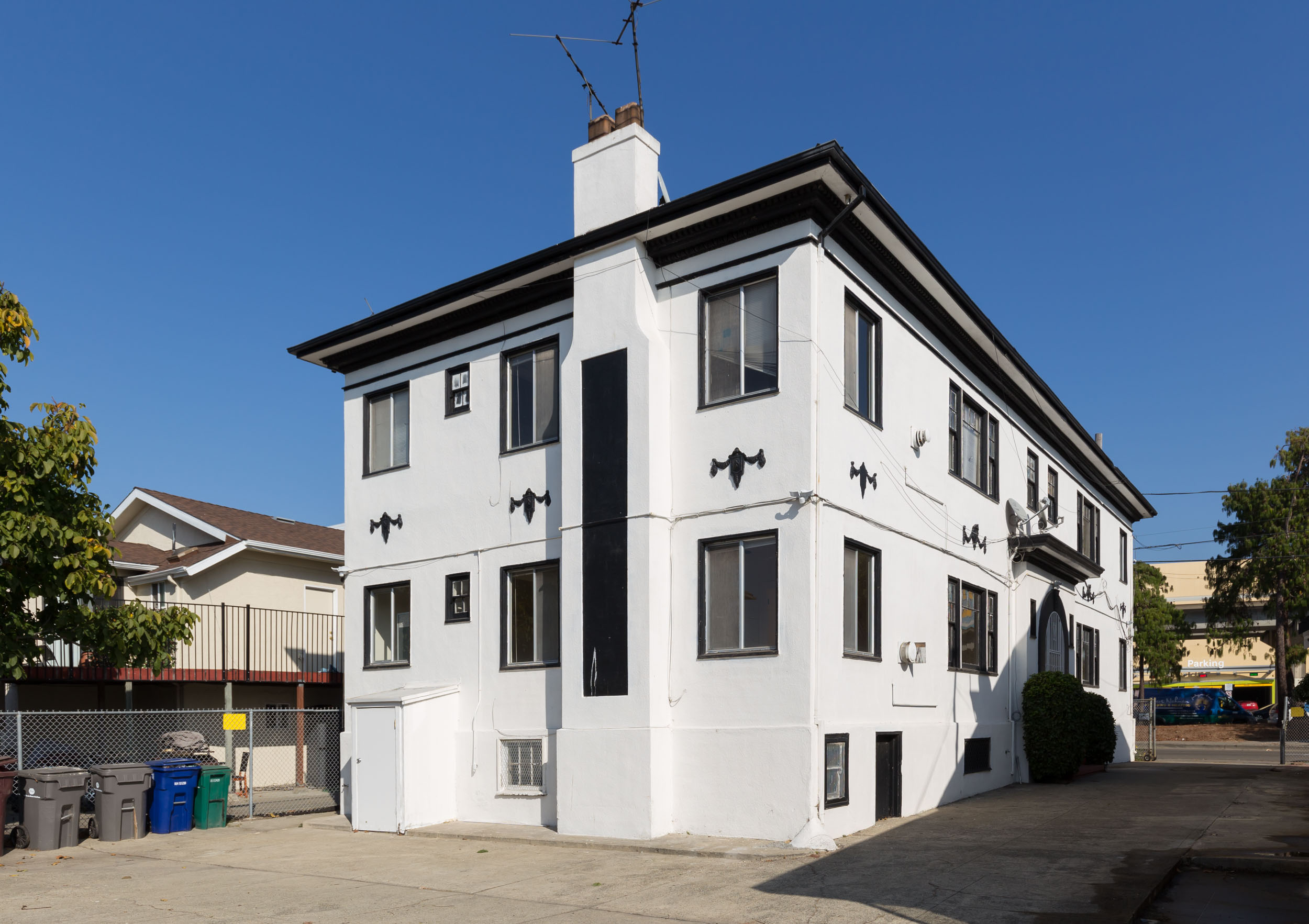
Two housing-related measures have been approved to be placed on the November ballot by the Oakland City Council, one being an expansion of properties included in the Oakland “Just Cause” for Eviction Ordinance (not to be confused with rent control which is limited by the 1995 Costa-Hawkins Rental Housing Act).
Currently, landlords are required to state one of the eleven authorized reasons or “just causes” to evict a tenant, but only for buildings constructed prior to 1996. The expansion would mean that most rental properties in Oakland would become subject to the restrictions of the Just Cause for Eviction Ordinance, but not new rental properties—including Oakland ADUs—which would be exempt from the expanded restrictions for the first 10 years after they are built.
The Oakland Just Cause for Eviction ordinance presently limited grounds for eviction to the following reasons.
- The tenant has not paid their rent.
- The tenant has continued to violate a provision of the lease after written notice to stop.
- The tenant refused to sign a new lease that is identical to the old one (when the old one expires). NOTE: this ground for eviction will be removed if the expanded Oakland “just cause” ordinance passes.
- The tenant has substantially damaged the unit and refused to stop damaging it or pay for repairs after written notice.
- The tenant has continued to disturb other tenants and neighbors after written notice to stop.
- The tenant uses the unit for something illegal (like selling drugs).
- The tenant will not let the owner into the apartment, even with a 24 hours’ written notice.
- The owner wants to move back into the unit, if allowed by a written agreement with the tenant or it is allowed by the lease.
- The owner or family member wish to move into the unit. Except if the tenant is:
- 60 years or older
- Disabled
- Catastrophically ill
- The owner wants to remove the unit from the market through the Ellis Act.
- The owner wants to perform substantial upgrades to the unit which cannot be completed with the tenant living there.
The second measure placed on the ballot by Oakland City Council is an $850 million infrastructure bond, which among other infrastructure needs, includes affordable housing initiatives. If passed, $350 million of the $850 million total would go to supporting affordable housing initiatives in Oakland.
ADUs Are a Win-Win For Both Tenants and Property Owners.
ADUs have always been intended to contribute to more affordable housing. Given the state’s current affordable housing crisis, an eviction measure that would give property owners less power to evict a problem tenant living in their own backyard would in effect discourage Oakland ADU construction. Property owners who have or are considering constructing an ADU on their property can breathe a sigh of relief—at least for 10 years—and not have to worry about the prospect of putting money into an ADU on their property, only to find that a tenant cannot be evicted or vacated if they want to sell. The addition of ADUs on a property represents a relatively quick and easy way to increase affordable housing. ADUs also increase property values and provide an opportunity to earn income, a win-win for affordable housing.
Our Commitment To Affordable Housing
At Adapt Dwellings, we believe that accessory dwelling units are an important part of the solution to create more affordable housing in our communities. Oakland’s and the Bay Area’s current housing shortages will not be solved by ADUs alone, but they offer one of the more immediately available ways to increase the supply of safe and decent housing. If you are a property owner with underutilized space or existing unpermitted units, our team is here to help.
Image by Freepik
